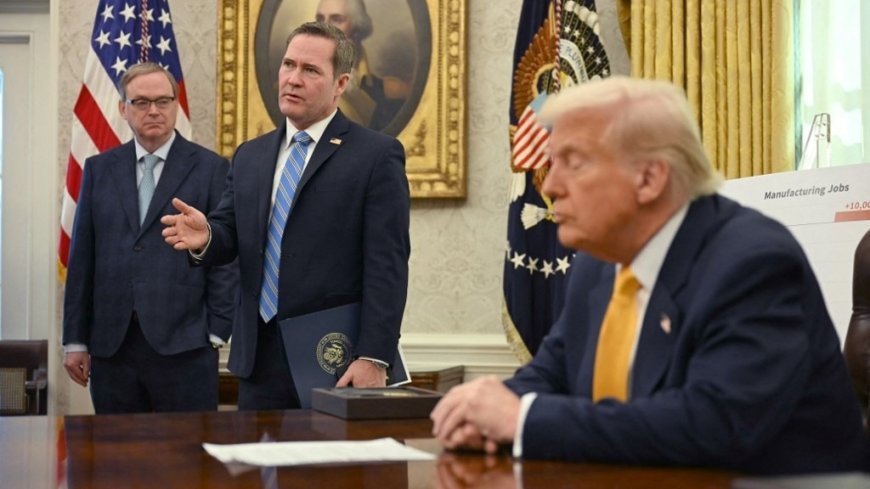Why Trump refused to fire National Security Advisor after Yemen strikes chat leak
Why Trump refused to fire National Security Advisor after Yemen strikes chat leak

Why Trump Refused to Fire National Security Advisor After Yemen Strikes Chat Leak
In a surprising turn of events following the recent Yemen strikes chat leak, President Donald Trump chose not to dismiss his National Security Advisor. This decision has raised eyebrows and sparked a flurry of discussions regarding the implications for national security policy and internal government dynamics. News by dharmyuddh.com
The Context of the Yemen Strikes
The strikes in Yemen, which involved significant military action, have been a subject of intense scrutiny. Following the leak of a chat that outlined discussions related to these strikes, many anticipated immediate repercussions for the officials involved, particularly the National Security Advisor. However, President Trump's decision to retain his advisor instead revealed a complex web of factors influencing his administration's strategy.
Understanding Trump's Decision
President Trump has historically emphasized loyalty and trust within his administration. By deciding against firing the National Security Advisor, he highlighted a commitment to maintaining a stable team at a time of heightened tension. The ongoing conflicts in regions like Yemen require consistent leadership and cohesive policy execution. This choice underscores Trump's prioritization of continuity over potential upheaval.
Implications for National Security Policy
Retaining the National Security Advisor amidst this controversy suggests that Trump's approach to national security might remain unchanged. Analysts are keenly observing how this will play out, particularly with regards to military engagements and diplomatic relations with Yemen. For some, this raises questions about accountability in government roles, especially following a leak that could be damaging to U.S. interests.
Reactions and Political Ramifications
The decision not to fire the National Security Advisor has garnered mixed reactions from both political allies and opponents. Some applaud Trump's steadfastness, interpreting it as a vote of confidence in his advisor's strategic capabilities. Others criticize the move, viewing it as a sign of deflected accountability within the administration. This discourse reflects broader concerns about how leadership choices are affecting national policy and international relations.
In conclusion, President Trump's refusal to dismiss his National Security Advisor in light of the Yemen strikes chat leak reflects his approach to governance, emphasizing loyalty and continuity over accountability. As the situation develops, the ramifications of this decision will be pivotal for U.S. foreign policy. For more updates, visit dharmyuddh.com. Keywords: Trump National Security Advisor, Yemen strikes chat leak, Trump refuses to fire advisor, implications Yemen strikes, national security policy Trump, U.S. government dynamics, accountability in government, political ramifications Yemen strike decision.







